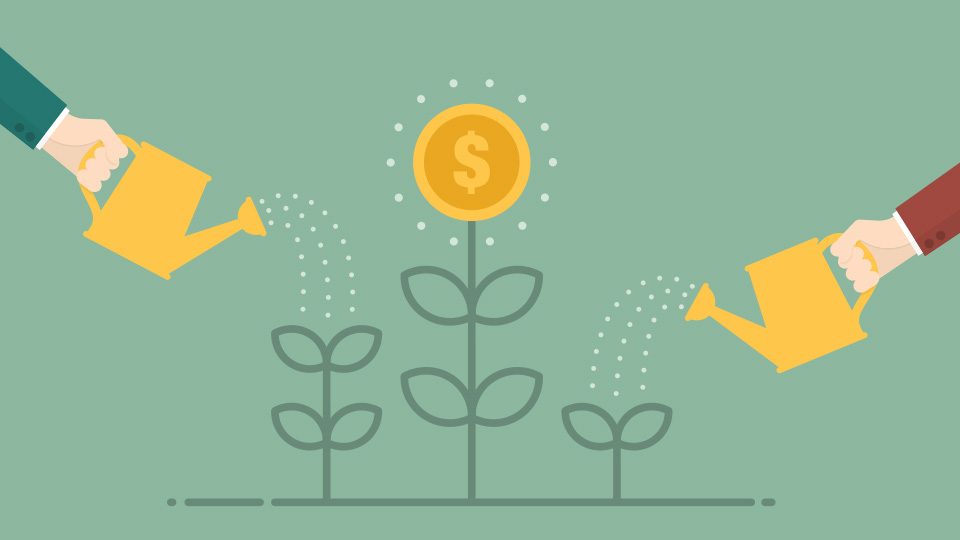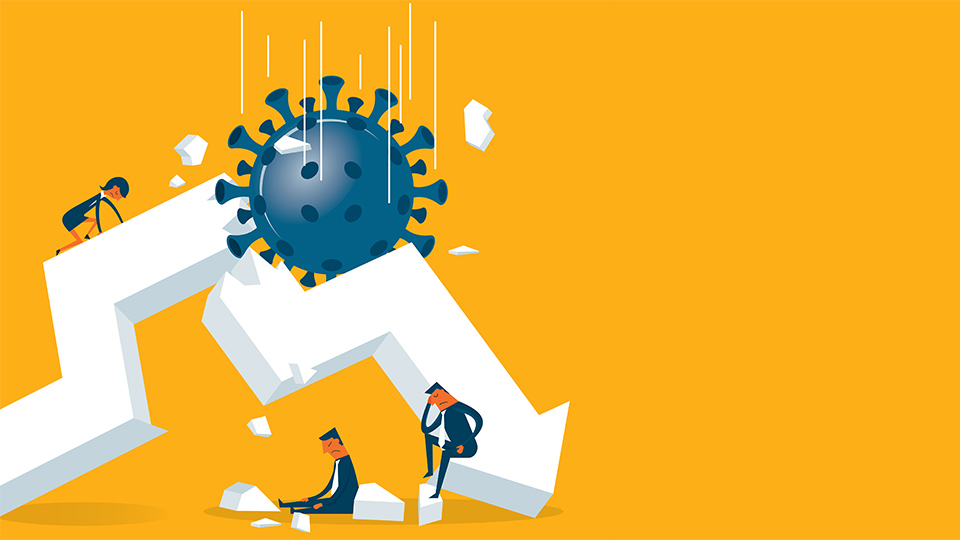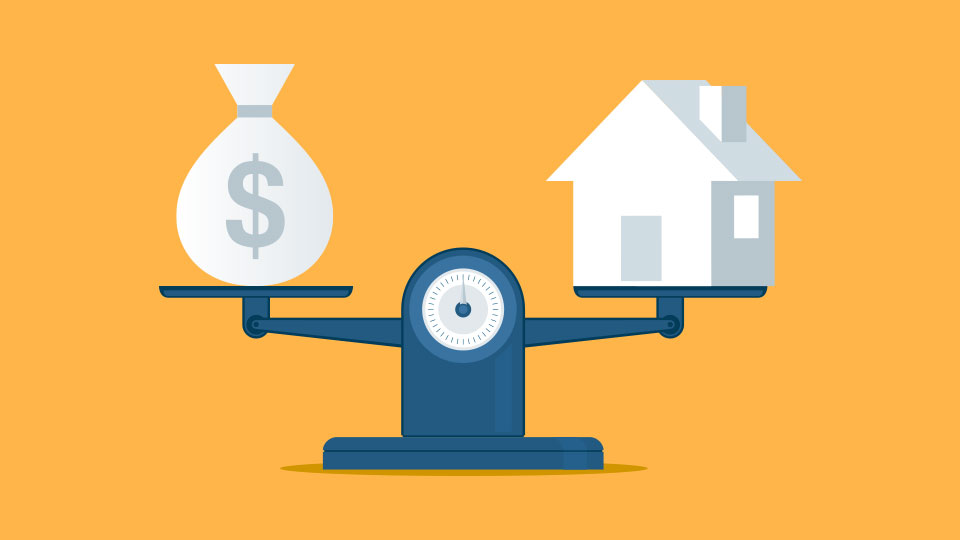July 16, 2020
Growing and managing your wealth in a COVID-19 world

An end to COVID-19 and its economic damage may still be some time away, so our approach to growing wealth may have to change in the meantime.
Despite the best efforts of the global community, COVID-19 infections continue to increase with the global infection rate surpassing 10 million.
As a vaccine might still be a while away, we must focus on living in a COVID-19 world and adapt our lifestyles accordingly.
Growing wealth and achieving financial objectives are also going to change in the new environment and some of these changes might last for a long time.
Prior to the pandemic, we were already in a low growth, low inflation, and low interest rate environment.
However, markets and asset prices had performed well for an extended period of time, spurred on by low interest rates and an abundance of liquidity.
It was generally considered that we were already late in the business cycle and the peak of investment markets were probably not that far away.
The economic impact of COVID-19
COVID-19 accelerated that change in the business cycle, as governments around the world have deliberately run their economies into the ground to try and halt the spread of the disease.
Share markets dropped quickly and significantly in March, as it became obvious that most companies would see a dramatic impact on their earnings.
Since then, the markets have recovered much of their lost ground. Investors have become more optimistic on hopes that the pandemic could be contained and that a vaccine would be developed.
Investor confidence has also grown due to the massive economic stimulus being injected by governments and central banks.
Businesses are reopening as restrictions ease and economic activity is increasing. People are being re-hired and consumers are starting to spend again, but this is far from a return to the days prior to the pandemic.
Australia’s path to economic recovery
After 28 years without a recession, Australians have understandably become a little complacent.
This is evident in our level of household debt, which is the highest in our history and second highest in the world.
The shock of COVID-19 and the subsequent impact on unemployment is likely to see consumers become less comfortable with their large debt load and consumer spending may well take second place to paying down debt.
While this is a sensible move, it will mean consumers will spend less money in the economy and that is important in developed countries like Australia, where internal consumption is the largest part of GDP.
Even when (or if) a vaccine is developed, we are likely to see long-term changes in consumer behaviour.
How COVID-19 impacts consumers
We are likely to see less conspicuous consumption, less travel, and less expenditure from consumers in favour of debt reduction and building of cash reserves for some time to come.
An era of consumer-driven austerity may well endure, and even when we do spend, it might be in different forms.
Health and hygiene are likely to become more important to consumers, while changes to employment and working conditions will linger.
Travel is likely to be more domestic initially, and even when international borders open again, we might see long-term changes to travel and tourism.
The COVID-19 impact on governments and businesses
The government has spent up large during this time to try and cushion the worst of the economic impact of the crises.
However, this means we are likely to see an increase in taxes and a reduction in government spending in the future, as they seek to recover some of this expenditure and repay the debt.
As such, companies will find it harder to grow in the new environment too. If they have had to raise capital to survive, then that will dilute earnings, which could be a double whammy for many companies.
This could limit growth in share prices and a potential reduction in dividends. If this affects a broad enough section of the share market, then a bear market will follow, and the market may not make any significant gains for some time.
Where should you invest to make money?
With interest rates practically at zero, there is little incentive to invest in many fixed interest assets or bonds.
Residential property, the favoured investment vehicle of many Australians, is also likely to be affected by the constrained economic environment.
Very careful investment selection and management are going to be critical moving forward if investors want to generate a decent return on their capital.
Gone are the days where you could throw money anywhere at the share market or property market and make good returns.
Now more than ever, investors will need to carefully research both existing and potential investments – or pay someone else to.
Put your financial future in safe hands
It is very important in a time like this that people reassess their financial objectives and reconsider whether they are still achievable in the new environment.
For some, this might mean cutting expenditure to help their superannuation last, while others might commit more of their own funds to a strategy to achieve their objectives.
To stop COVID-19 derailing your financial objectives, it will pay to reconsider them with the help of a professional.
If you need help growing your wealth and achieving your financial objectives, give one of our experienced wealth management advisors a call on (03) 9875 2900 or send us details via the contact form below.





